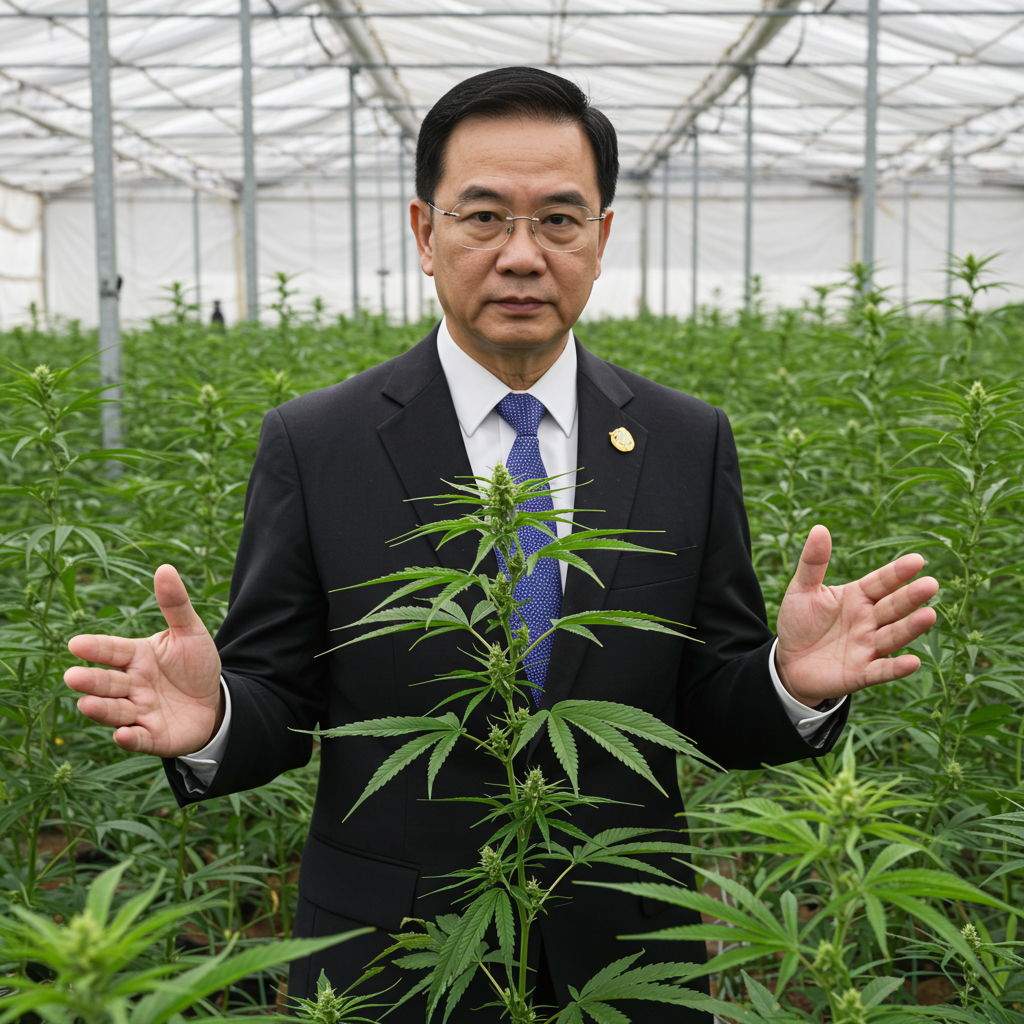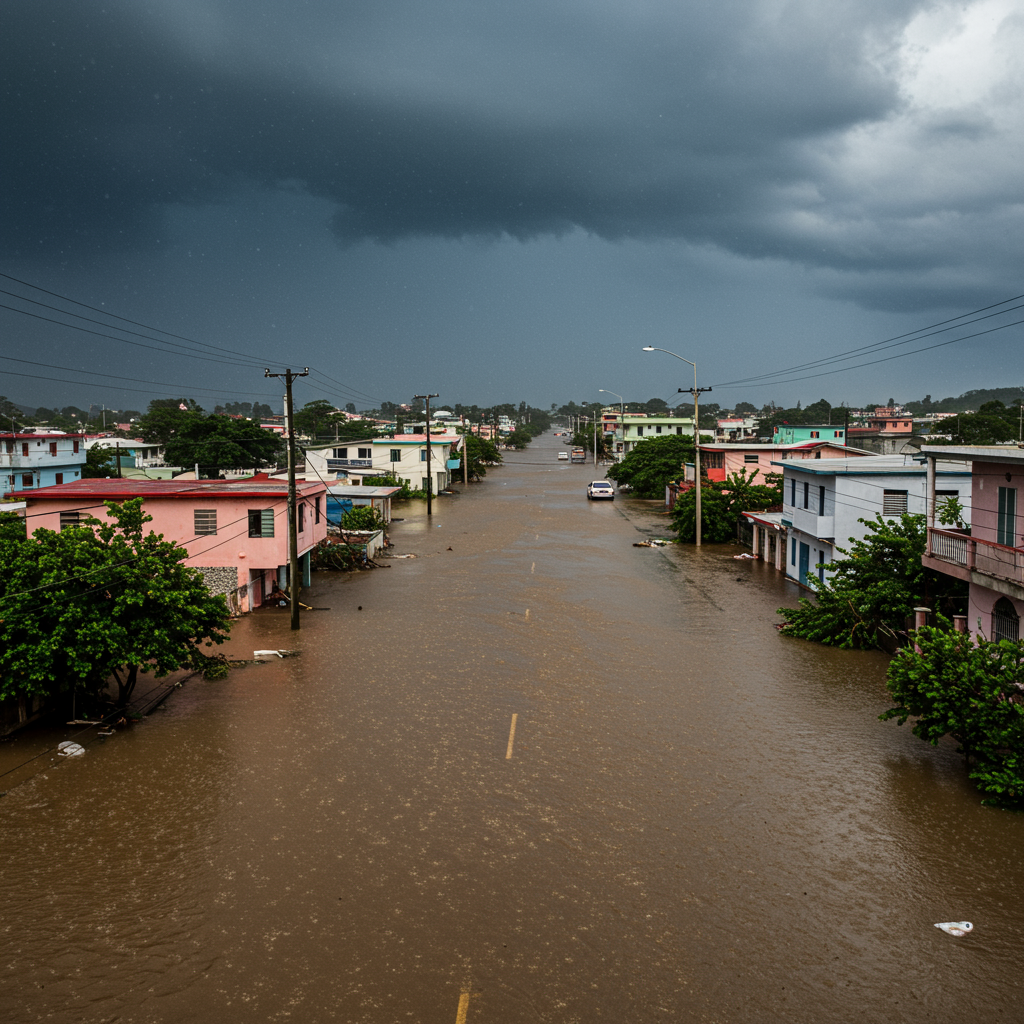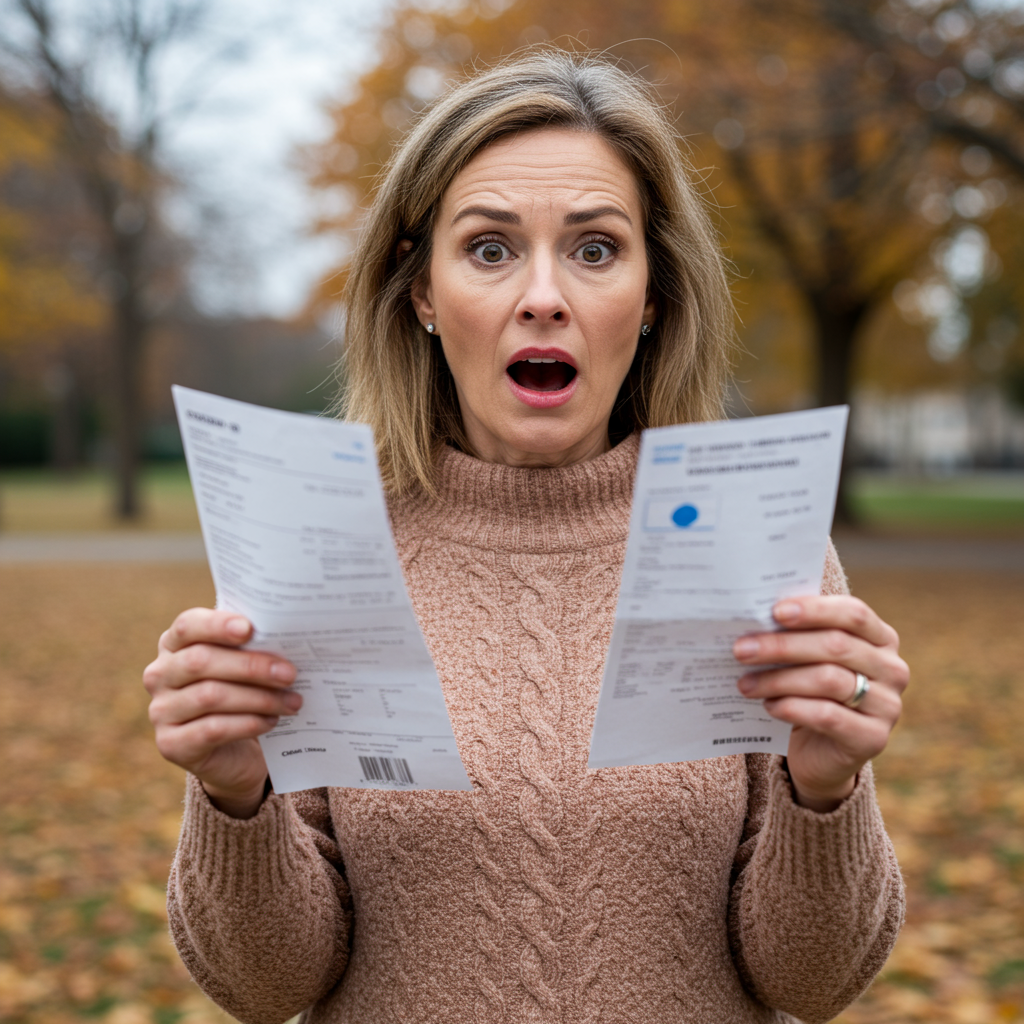Thailand is drastically changing course on its pioneering cannabis policy. Just two years after becoming the first Southeast Asian nation to largely decriminalize the plant, the country is moving to tighten regulations significantly, driven by concerns over unchecked public use and a dramatic surge in international smuggling, particularly to the UK.
Effective June 25, 2025, Thailand officially reclassified cannabis flowers as “controlled herbs.” Under new rules published in the Royal Gazette, purchasing cannabis is now restricted to medical use only, requiring a prescription from an authorized practitioner, such as a doctor or traditional folk healer. These prescriptions are limited to a maximum of 30 days’ supply. The public health minister has also indicated plans to recriminalize recreational consumption in the future, though the timeline for this remains uncertain.
The Rapid Rise of Thailand’s Cannabis Market
Since decriminalization in 2022, Thailand’s cannabis industry exploded. Approximately 11,000 registered dispensaries rapidly appeared across the country, with neon signs and the scent of cannabis becoming commonplace in areas like Bangkok. Whole malls dedicated to cannabis products emerged, and derivative products like edibles were openly sold online, often with rapid delivery, despite technically existing in a legal grey area. This period saw predictions of the industry reaching $1.2 billion by 2025, fueled by investment and tourism.
However, the lack of a comprehensive regulatory framework, which was intended to follow decriminalization but stalled due to political infighting and lobbying by vested interests, led to what many describe as a “weed wild west.”
Pressure from the UK: A Smuggling Crisis
A major catalyst for the policy shift has been intense pressure from the United Kingdom, which has seen a massive increase in cannabis smuggled from Thailand. UK drug syndicates have exploited the lax regulations, often recruiting young, unsuspecting travellers to act as couriers, carrying large quantities of cannabis in their luggage.
The scale of the problem is stark. According to the UK’s National Crime Agency (NCA), the number of intercepted couriers carrying cannabis from Thailand jumped from 142 in 2023 (carrying five tonnes) to over 800 so far in 2024 (carrying 26 tonnes), and the figures continue to rise.
The consequences for those caught are severe. NCA spokesperson Beki Wright warned that individuals who believe smuggling is low-risk face “life-changing consequences,” including probable jail time. In the UK this year alone, 173 people, predominantly linked to smuggling from Thailand, have received cumulative sentences totalling 230 years.
Why Smuggling is Profitable and Hard to Stop
The primary driver for smuggling is profit. The uncontrolled market in Thailand, flooded with product from both legitimate growers and, increasingly, large-scale illegal operations run by foreign syndicates using Thai nominees, has driven down local prices. This makes it highly lucrative to smuggle cannabis to the UK, where prices are significantly higher, even if only a fraction of shipments succeed.
Thai authorities face significant challenges in combating this. Penalties in Thailand for being caught with large quantities of cannabis are relatively low compared to the potential profits or the sentences faced in the UK. Smugglers often abandon their luggage at airports if detected, avoiding arrest altogether. Even when apprehended with checked bags, they often face only a fine, enabling them to potentially try again. The spokesperson for the Thai Customs Department described this as a “loophole.”
Divided Opinions on the New Rules
The move back to a medical-only market is met with mixed reactions within Thailand.
Supporters, including early proponents of legalization like businessman Tom Kruesopon, argue that the situation had gone too far, with open public consumption and international repercussions from smuggling. They believe the new prescription-only rules are necessary to restrict supply and demand and return the industry’s focus to legitimate medical applications, as originally intended. Medical conditions now qualifying for prescriptions include cancer, asthma, chronic pain, and depression, among others.
However, many cannabis enthusiasts and, crucially, small-scale growers vehemently oppose the changes. They argue the new regulations are a “knee-jerk reaction” to foreign criticism that will not deter illegal growers or large-scale smugglers, who already operate outside the law. Instead, they predict the rules will decimate legitimate small businesses that are already struggling due to the market glut caused by over-production, much of which stems from unlicensed, large-scale grows.
Advocates for small producers, such as Kitty Chopaka, argue that the government should focus on enforcing existing rules, like those requiring licences and maintaining records for large sales, which they claim are often ignored. They contend that better enforcement of these rules would help track cannabis and prevent large quantities from falling into the hands of smugglers from legal sources. Protests by small growers have called for more sensitive regulation rather than a blanket return to strict medical controls.
Ongoing Efforts and the Road Ahead
Despite the policy shift, the challenge of smuggling persists. Thai customs officers continue to work with international partners like the NCA, using intelligence to target potential couriers at airports and dissuade them from attempting the transit. They are increasingly using the requirement for licences to buy, sell, or export large quantities to prosecute those intercepted, though the low penalties remain a hurdle.
Meanwhile, visual evidence of the ongoing struggle can be seen in the backrooms of Thai airports, where large quantities of vacuum-sealed cannabis, often labelled with strain names like “Runtz” and “Zkittlez,” continue to pile up from seizures. In one room alone, the BBC reported seeing approximately 200 suitcases containing between two to three tonnes of cannabis seized in a single month, underscoring the scale of the “weed wild west” that Thailand is now urgently trying to rein in.




